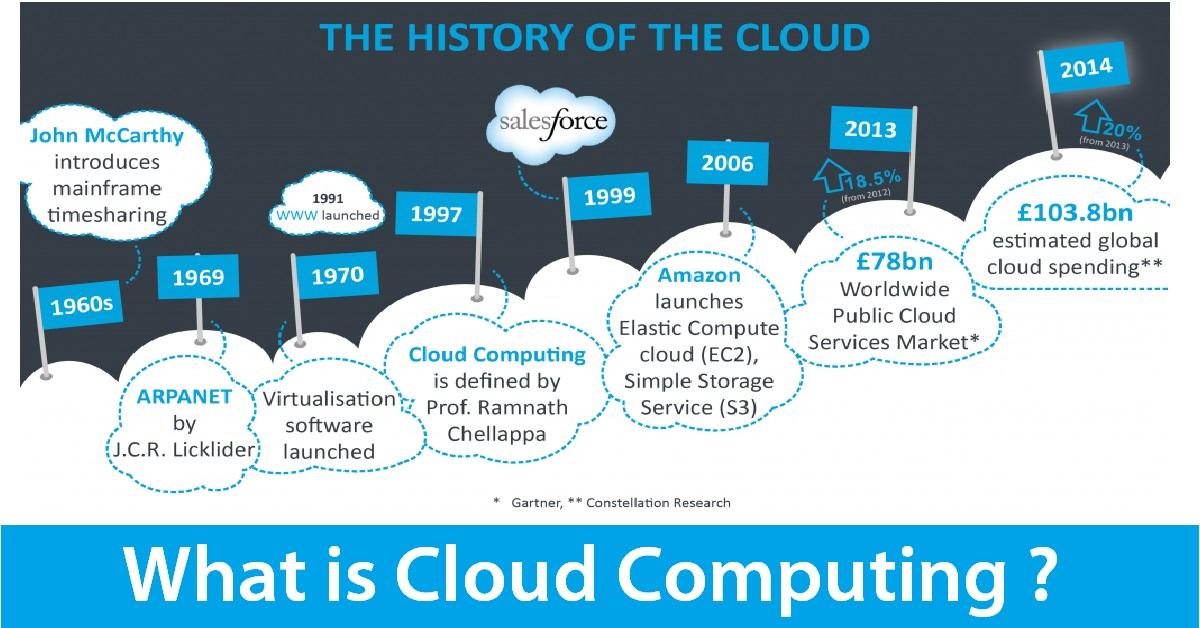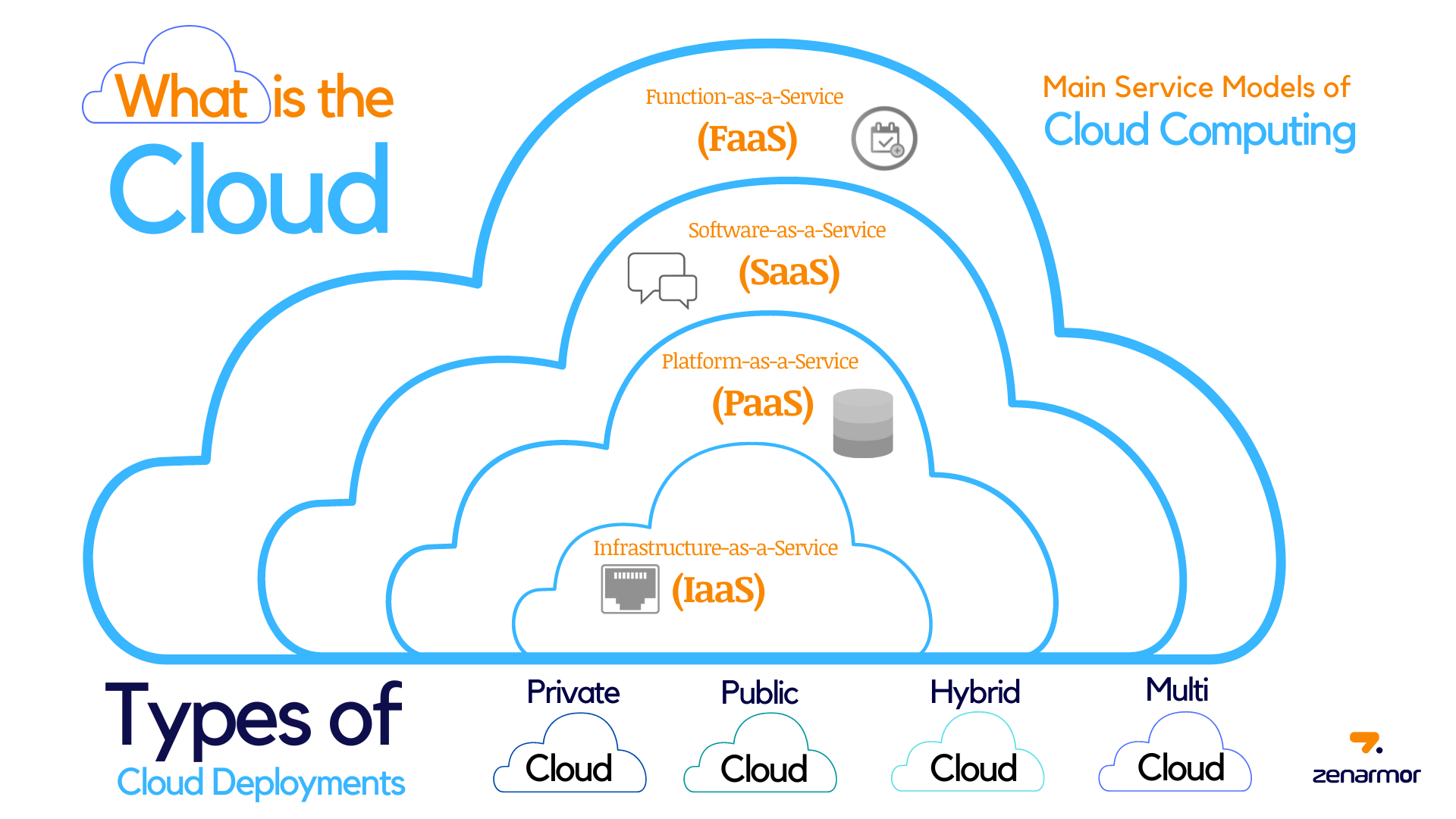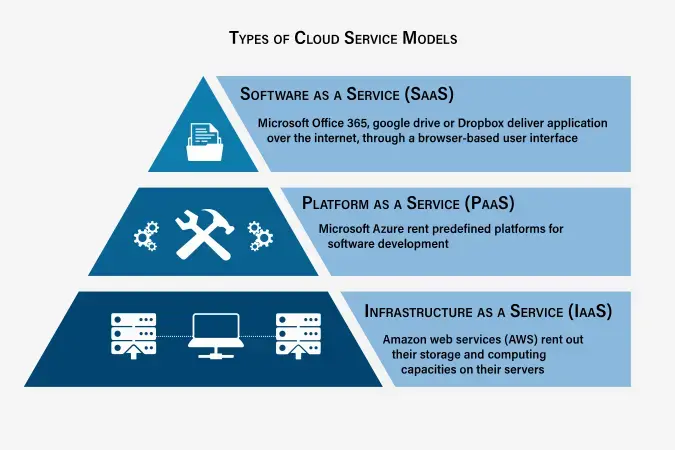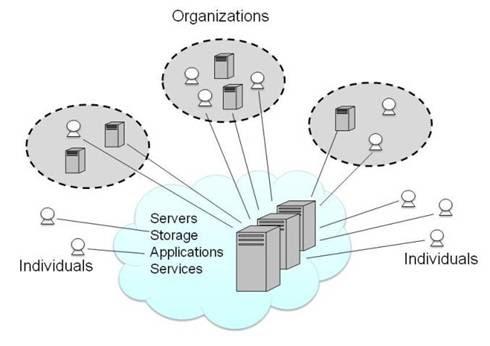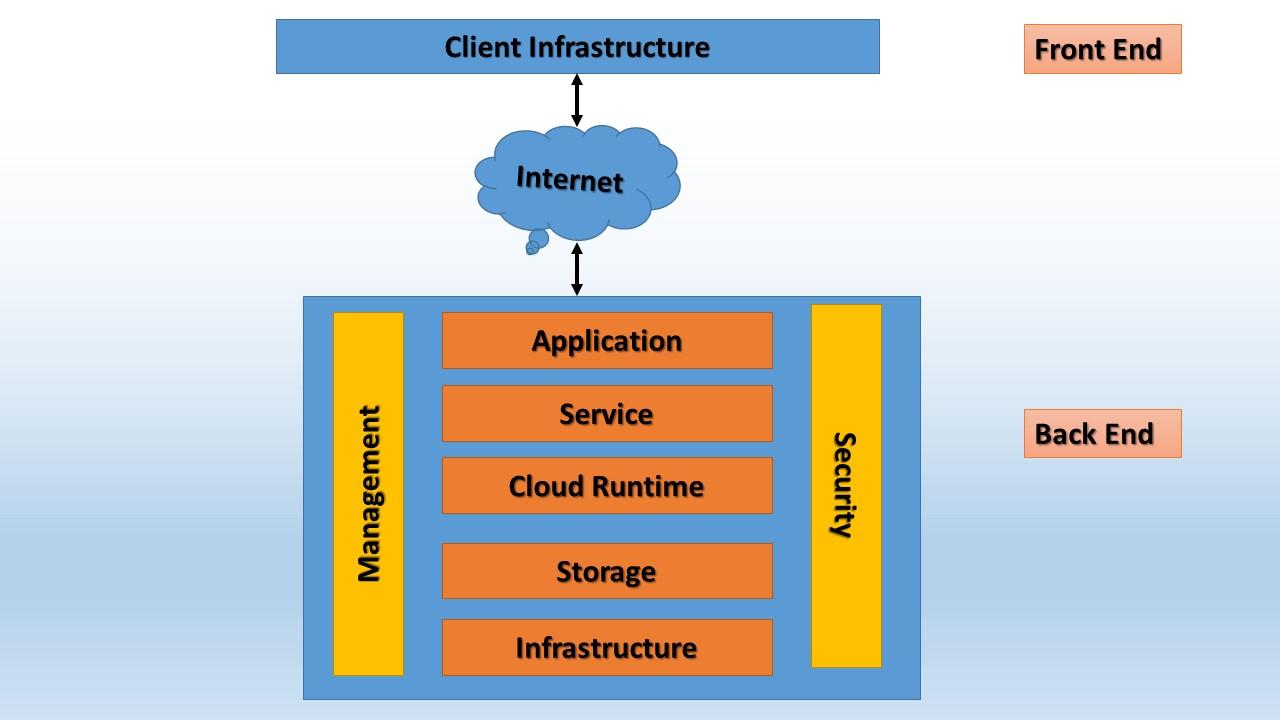What is the Cloud?
ENIAC and Colossus, the first "modern" general-purpose computers, were created in the 1940s. By the 1960s, computers were becoming more commonplace at larger institutions, but were still largely inaccessible to many professionals and researchers, let alone consumers.
Time sharing became a technique that allocated computer resources to multiple users, allow for true multi-tasking for the first time. Before the internet was even a concept, this marks the start of our exploration into the concept of the modern "cloud".
ARPANET, created in 1969, marks the creation of the long-distance Internet and implemented the same TCP/IP standards we use to this day. At the same time, IBM's CP-40 expanded upon timesharing to create virtualization – or dividing a single computer's hardware resources into multiple software environments.
By 1991, the modern internet as we know it was released to a world-wide consumer base. By paying an internet service provider, anyone could connect to the world wide web.
Before the turn of the century the first theory of cloud computing is defined, creating a foundation for easily scalable server infrastructure. This technology allows independent hardware systems to be linked together over a network and share their resources towards supporting a unified service. Distributed computing enabled websites to support a hundred thousand users by sharing the work load across multiple
In the case of self-hosting, we are acting as the infrastrcture, platfom and software provider.
Cloud computing can often rely on distributed computing
https://en.m.wikipedia.org/wiki/Distributed_computing
Fallacies of distributed computing
https://en.m.wikipedia.org/wiki/Fallacies_of_distributed_computing
Leaky abstraction
https://en.m.wikipedia.org/wiki/Leaky_abstraction
Cloud security
https://en.m.wikipedia.org/wiki/Cloud_computing_security
You may lose access to your data at any point. Your service provider could decide they don't want to host your content.
https://www.wired.com/story/what-happens-when-a-romance-author-gets-locked-out-of-google-docs/
peer to peer and federation and fediverse
https://en.m.wikipedia.org/wiki/Federation_(information_technology)

